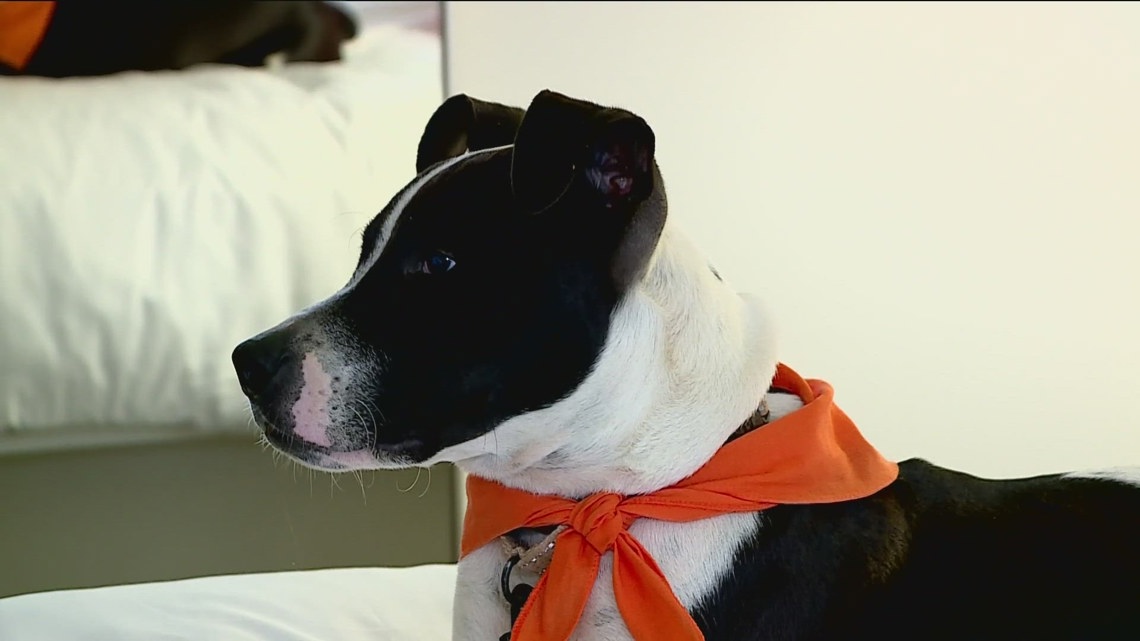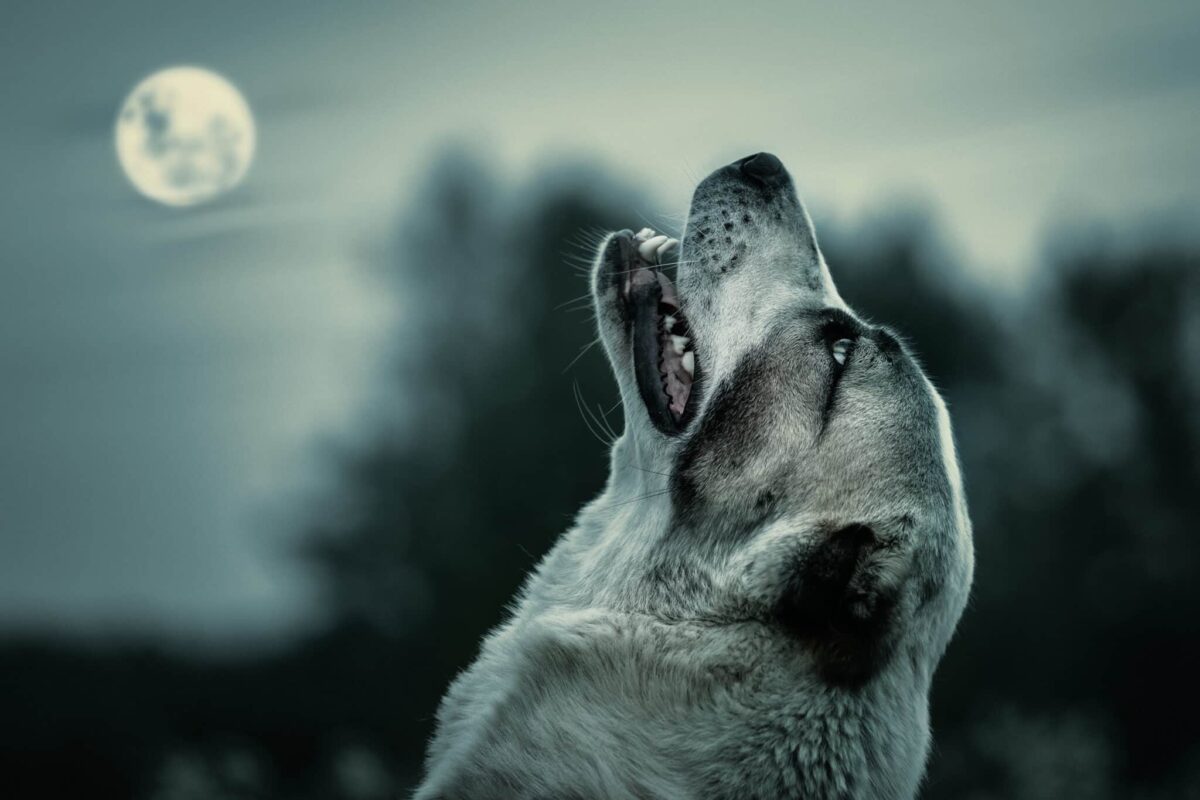“When the dog goes, you can unravel as if there’s a free grief pass,” Martin Clunes writes in his new book about remarkable animals. “And sometimes I’ve felt that all those people I lost when I was young, when the advice was to put on a brave face and be grown up, get folded into the grieving for a lost pet.”
In March this year, the actor’s beloved 14-year-old Jack Russell, Jim, died of liver cancer. “I think it just unlocks other griefs. We give ourselves an allowance there,” said Clunes, 62. “Dogs hit people in the heart.
“Jim was my right-hand man. We’d been through so much together, I used to take him out lambing with me in the middle of the night, he’d sit on my lap in the tractor. I think it’s a Jack Russell thing, they latch on to one personality. He loves the whole family, but he was my buddy.”
At home with, left to right, Bob Jackson, Penelope Jennifer, Jim and Heidi
The Men Behaving Badly and Doc Martin actor, who grew up in Wimbledon, southwest London, endured terrible loss at a young age. When he was eight, his father, Alec Clunes, died from lung cancer, aged 57. His son was sent to boarding school.
The young Martin struggled at the Royal Russell School in Croydon, south London, wetting the bed and having to sleep in the matron’s office. He was put in charge of the school’s menagerie — feeding, letting out and shutting up the animals — and found it helped.

Clunes and Neil Morrissey judge a dog show at Buckham Fair in Dorset, 2018
ALAMY

With Tina and Mary, two of his many dogs over the years
ITV
In the book, Meetings with Remarkable Animals, Clunes says the family dog, Timmy, also “gained a new meaning in the household”. “It was as if he became a kind of representative for my father. He was treated with a lot of respect and was more than a little bit spoiled,” he says.
Clunes writes about how in ancient Egypt when a dog died, sometimes the whole family would show their grief by cutting their hair and shaving their bodies. When Jim was diagnosed, he built him a tiny coffin which he filled with tiny squeaky tennis balls.
“We found out he had liver cancer and the vet said: ‘Please don’t leave it too late [before putting him down]’. The minute he said that, I built his coffin. It’s something I can do. It feels like honouring what he’s given me,” he said.

He writes of how losing a pet can be “heartbreaking” and adds: “I’ve probably wept more for the pets who are no longer with us than I have for some humans.”
Clunes, who played the dog-hating, blood-fearing, irascible doctor in the ITV series Doc Martin for 18 years until 2022, lives on a 35-acre smallholding outside Beaminster in Dorset with seven horses, five dogs, three Dexter cows, two cats and nine hens. He lives with his producer wife Philippa Braithwaite and the couple’s daughter, Emily, is training to be an equine nurse.

Philippa Braithwaite, left, produced Doc Martin, the comedy drama starring Clunes
ALAMY
A couple of weeks after Jim’s death, their Jackahuahua, Penny, died of a brain tumour behind her eye. The family have now adopted two new “tiny little Jims” — Jack Russells called Murray and John, who are five months old.
Last month Clunes took Murray to help with a hospice visit, where he is a patron and volunteers by introducing his animals to the patients.
“He was knackered by the end of the day but he was super good. He was a little bit interested in some of the tubes in their arms but we managed to keep him back from that,” he said.

“To begin with, I thought, this is a bit weird, their families are around their beds, especially for the real end-of-life people, you think what’s some git off the telly doing, you know, how’s this going to help?
“But taking the dogs really does help. You can have a long chat about a dog they used to have. The family want the photographs and the patients generally like to stroke the dog.”
He recalled how one dying woman loved the feeling of his dog falling asleep on her bed. “That warmth and that weight, the weight of a dog on your bed is lovely,” Clunes said.
Meetings with Remarkable Animals, due out next month, documents the lives of extraordinary animals from search-and-rescue dogs to mine-sniffing rats and therapy horses








